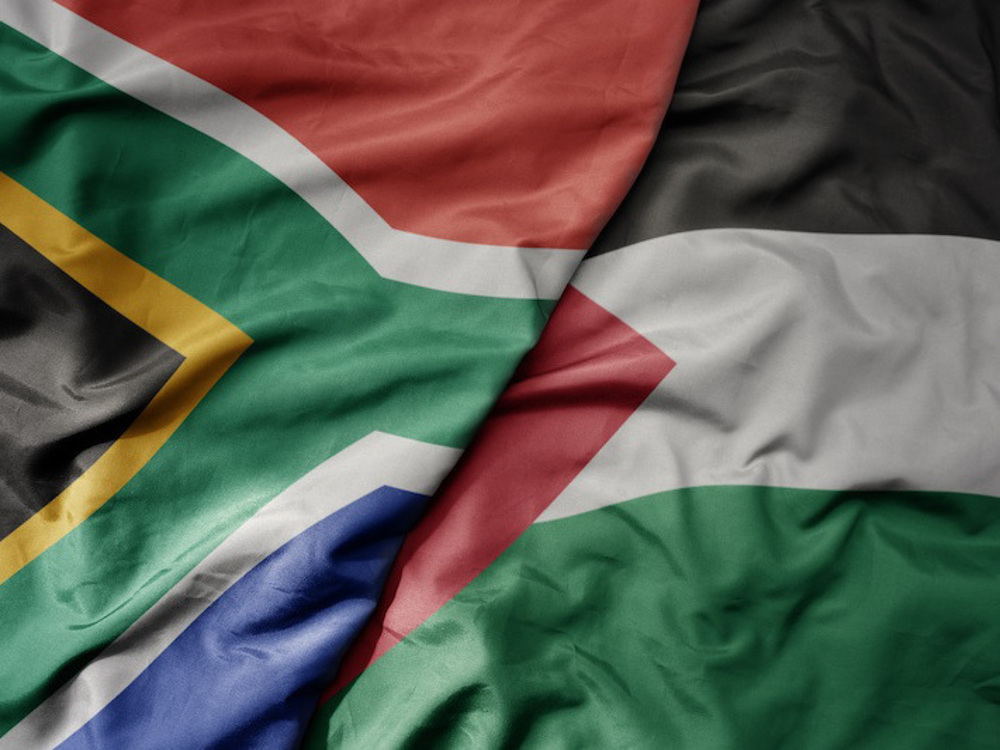Coalition backing outgoing president gains control of DR Congo parliament
A coalition supporting President Joseph Kabila has won a parliamentary majority in the Democratic Republic of the Congo, giving the outgoing president influence to restrain his successor from the opposition party.
The Pro-Kabila Common Front for Congo (FCC) coalition won the majority of the 500-seat national assembly, according to the results published on Saturday by the Independent National Election Commission (CENI).
The results will undercut President-elect Felix Tshisekedi’s ability to deliver on campaign promises to make a break with the Kabila era. They have also fueled suspicions that his victory came through a backroom deal with Kabila’s camp.
Kabila is due to step down in the coming days after 18 years in power, marking the DR Congo’s first democratic transfer of power in 59 years of independence. But Kabila has signaled that he intends to remain involved in politics and might run for president in 2023, when term limits no longer apply.
Under the constitution, the party with a parliamentary majority enjoys significant powers and the president must appoint his prime minister from its ranks. The prime minister, in turn, must countersign presidential orders appointing or dismissing military chiefs, judges, and heads of state-owned enterprises.

Kabila’s People’s Party for Reconstruction and Democracy (PPRD) is the biggest party within the FCC coalition.
FCC’s majority in the National Assembly also ensures the PPRD’s influence in important ministries and the security forces.
Meanwhile, the presidential runner-up, Martin Fayulu, has filed a formal fraud complaint with Congo’s highest court.
The runner-up claims he won a landslide victory with more than 60 percent of the votes. He accuses Tshisekedi’s camp of having struck a deal with Kabila to be declared the winner.
Tshisekedi rejects allegations of collusion with Kabila.
The dispute threatens to reignite political violence in the tumultuous nation.
IRGC says Iran’s power exceeds borders, warns enemies to adjust themselves
Dozens detained, several wounded in Israeli raids in West Bank
‘Ethnic cleansing’: Hamas blasts Israeli attacks on Gaza hospital amid intl. silence
Saudi delegation meets HTS leader at presidential palace in Damascus
Relentless Israeli ceasefire violations justify need for self-defense: Lebanese MP
Tel Aviv tells Damascus Israeli forces will remain in occupied territory: Report
Dec. 22: ‘Axis of Resistance’ operations against Israeli occupation
‘Abhorrent’: Oxfam says only 12 trucks delivered aid in North Gaza since Oct.
















 This makes it easy to access the Press TV website
This makes it easy to access the Press TV website